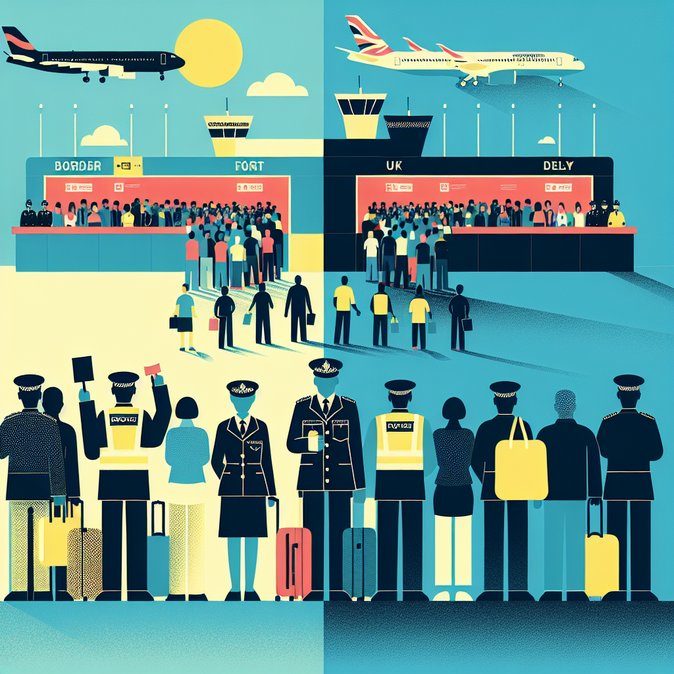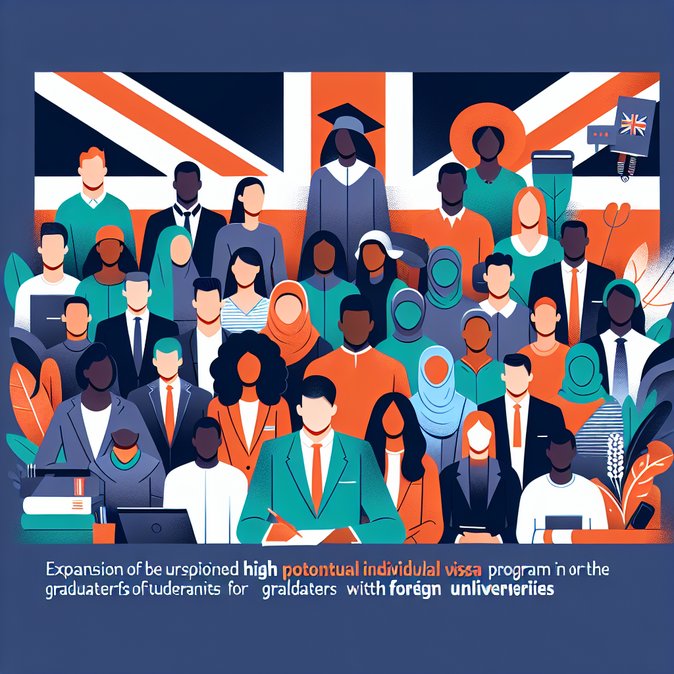
Passengers arriving in the United Kingdom on Wednesday, 19 November, experienced queues of more than two hours after more than 1,000 Border Force officers belonging to the PCS union began a rolling strike at Heathrow, Gatwick, Manchester, Birmingham, Glasgow and Bristol airports. The stoppage, which union leaders say could last through the New-Year travel peak, is the latest escalation in a long-running dispute over pay, pensions and staffing levels.
While Heathrow’s management insisted it would operate a full flight schedule by drafting in military personnel and retired civil servants, the contingency workforce lacks the security clearance to perform biometric checks on non-UK passports. Airlines therefore had to stagger disembarkation and hold some arriving jets on remote stands, delaying connections and onward rail journeys. Business-travel associations warned that the disruption coincides with the traditional corporate‐travel budgeting season, when senior executives fly in for end-of-year planning meetings.
![Border Force walk-out triggers nationwide airport delays]()
The government says that Border Force pay offers mirror wider civil-service settlements, but PCS argues that years of sub-inflation increases have left officers earning 14 % less in real terms than in 2010. PCS General Secretary Fran Heathcote said members “will not back down until ministers put a serious offer on the table”.
For companies operating rotational assignments or critical just-in-time supply chains, the practical advice is to build extra buffer time into itineraries, warn assignees about potential delays at immigration control and keep clients and insurers informed. Employers should also check the validity of eGate eligibility for their travellers, as UK/EEA/US passport-holders aged 12+ can still use automated lanes where they remain operational.
While Heathrow’s management insisted it would operate a full flight schedule by drafting in military personnel and retired civil servants, the contingency workforce lacks the security clearance to perform biometric checks on non-UK passports. Airlines therefore had to stagger disembarkation and hold some arriving jets on remote stands, delaying connections and onward rail journeys. Business-travel associations warned that the disruption coincides with the traditional corporate‐travel budgeting season, when senior executives fly in for end-of-year planning meetings.

The government says that Border Force pay offers mirror wider civil-service settlements, but PCS argues that years of sub-inflation increases have left officers earning 14 % less in real terms than in 2010. PCS General Secretary Fran Heathcote said members “will not back down until ministers put a serious offer on the table”.
For companies operating rotational assignments or critical just-in-time supply chains, the practical advice is to build extra buffer time into itineraries, warn assignees about potential delays at immigration control and keep clients and insurers informed. Employers should also check the validity of eGate eligibility for their travellers, as UK/EEA/US passport-holders aged 12+ can still use automated lanes where they remain operational.


